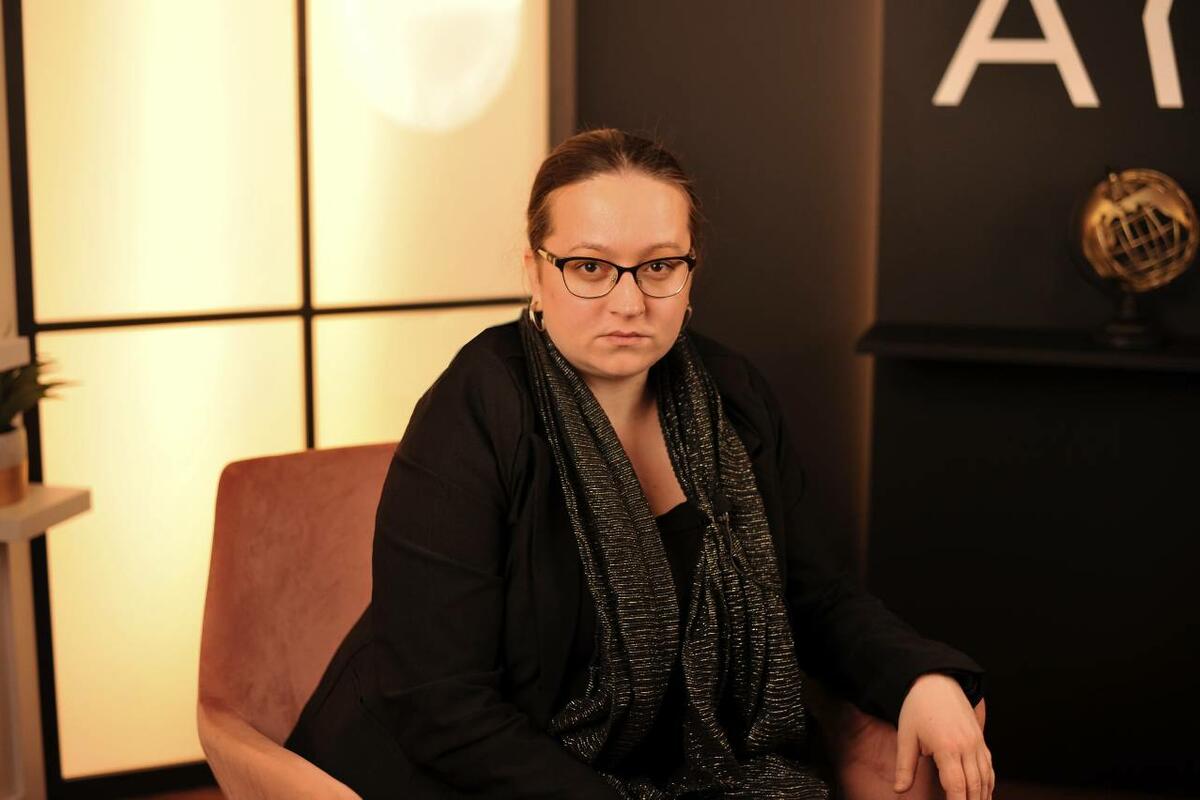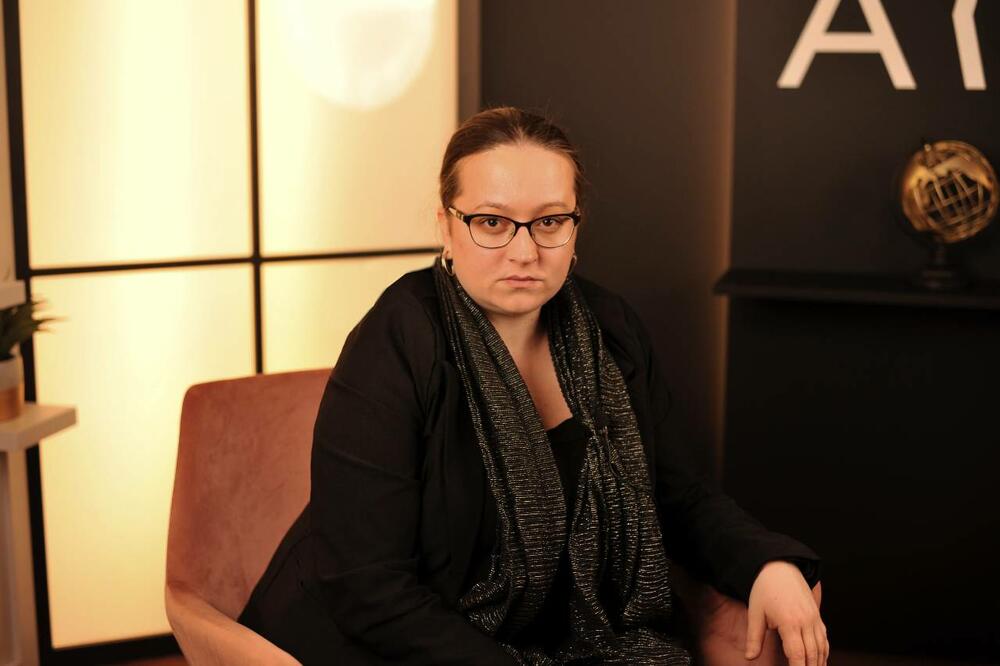The Electoral Reform Committee in Montenegro approved a draft law on the financing of political entities that includes an increase in allocations from the state budget for political parties. The Center for Democratic Transition (CDT) views this decision as a step backward compared to European Union recommendations, as the law is not accompanied by comprehensive electoral and anti-corruption reforms. Although the law introduces some improvements, issues of transparency and control over public spending remain. CDT emphasizes that the only direct beneficiaries of the increased funds will be the political parties themselves, while key oversight institutions have significantly smaller budgets. This reform is seen as a rhetorical cover for the distribution of benefits among political actors, without real impact on public interest and the integrity of the electoral process.
Political Perspectives:
Left: Left-leaning outlets and commentators emphasize the negative implications of increasing state funding for political parties without accompanying reforms. They highlight concerns about corruption, lack of transparency, and the risk of political parties prioritizing their own financial gain over public interest. The narrative focuses on the need for comprehensive anti-corruption measures and stronger oversight to ensure accountability.
Center: Center-leaning sources present a balanced view, acknowledging the legal increase in funding but also pointing out the shortcomings in the reform process. They stress the importance of transparency and the need for systemic changes in electoral laws and institutions to improve governance. The narrative is cautious, recognizing the political consensus but calling for further improvements.
Right: Right-leaning perspectives may focus on the political unity shown by parties in agreeing to the funding increase, possibly framing it as a necessary support for political pluralism and party activities. However, some may also express concern about the high percentage of budget allocation compared to other European democracies, emphasizing fiscal responsibility and the need to ensure that public funds are used effectively.



